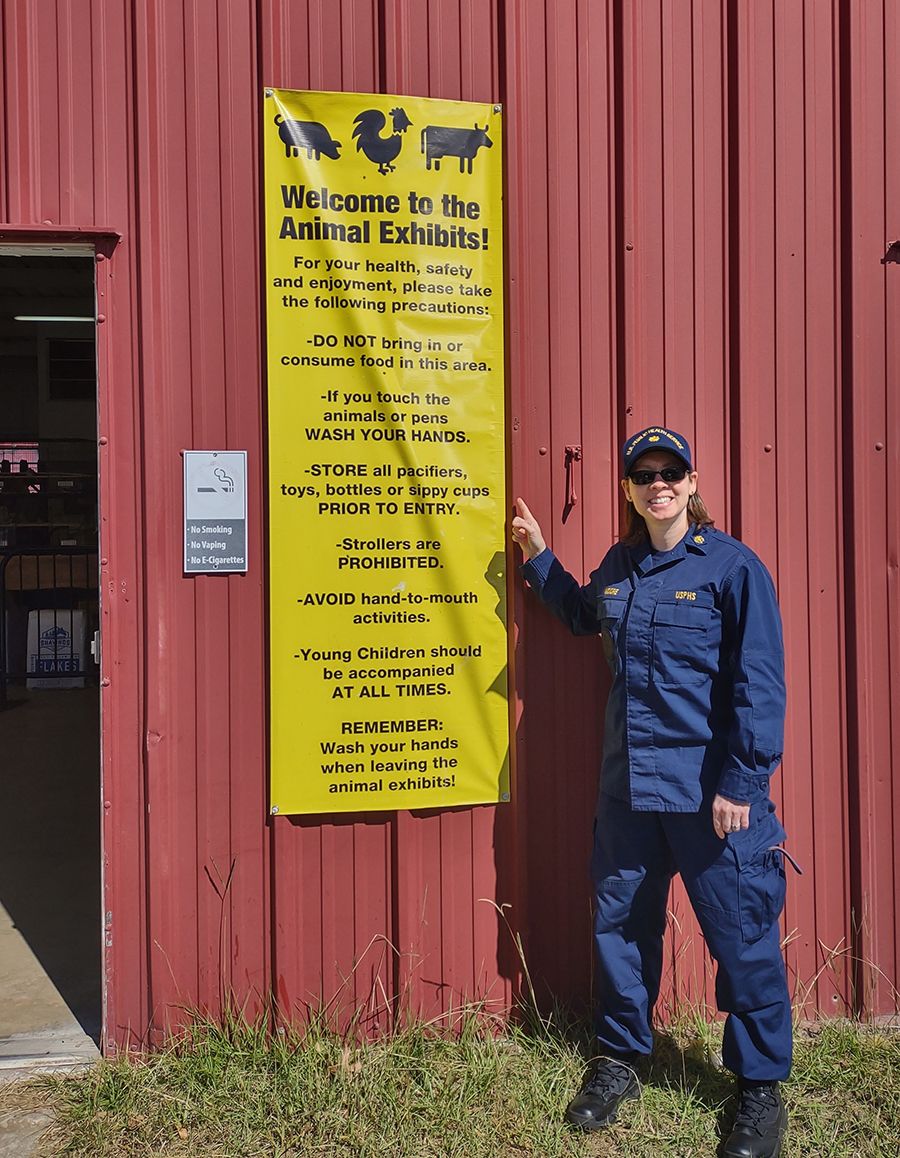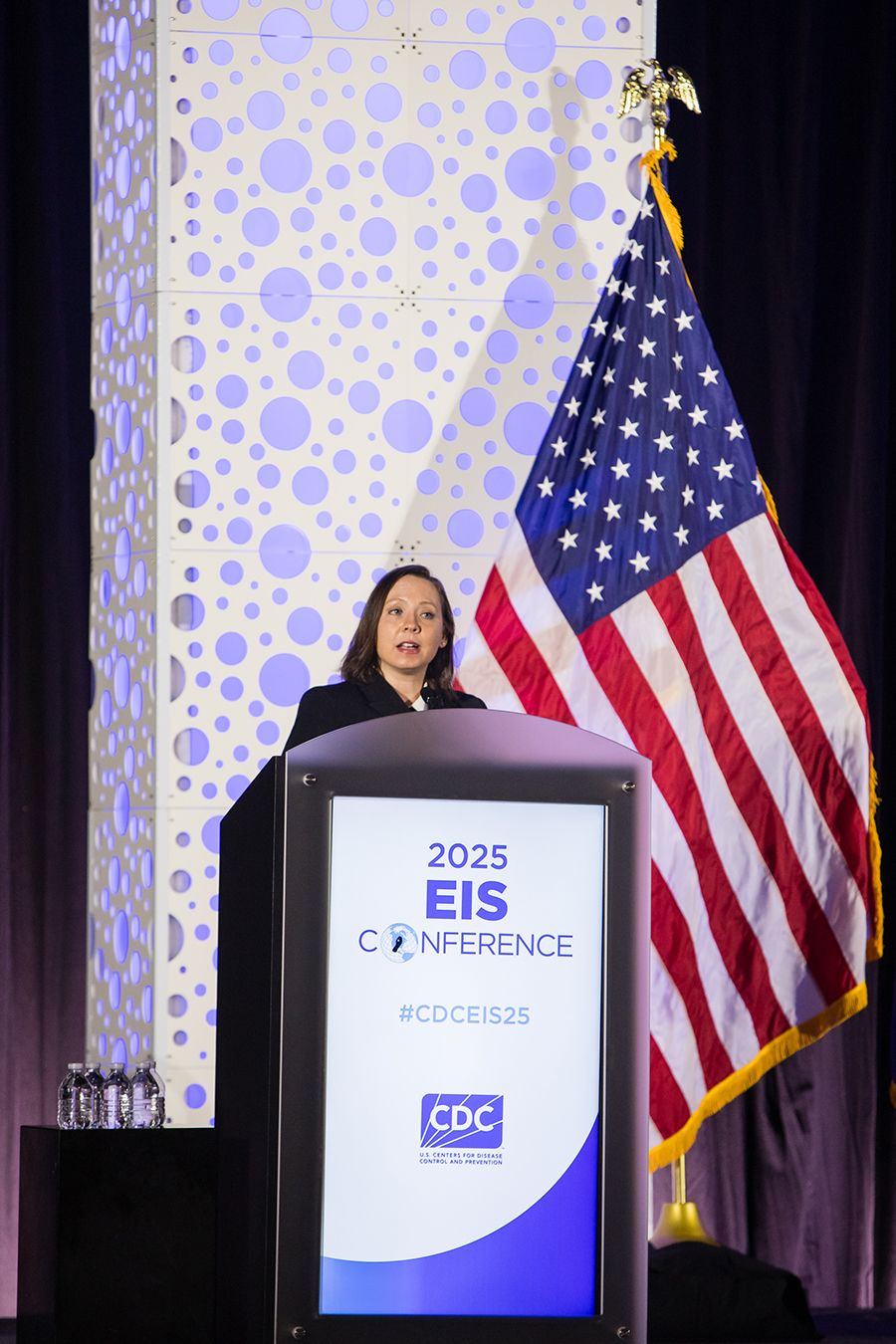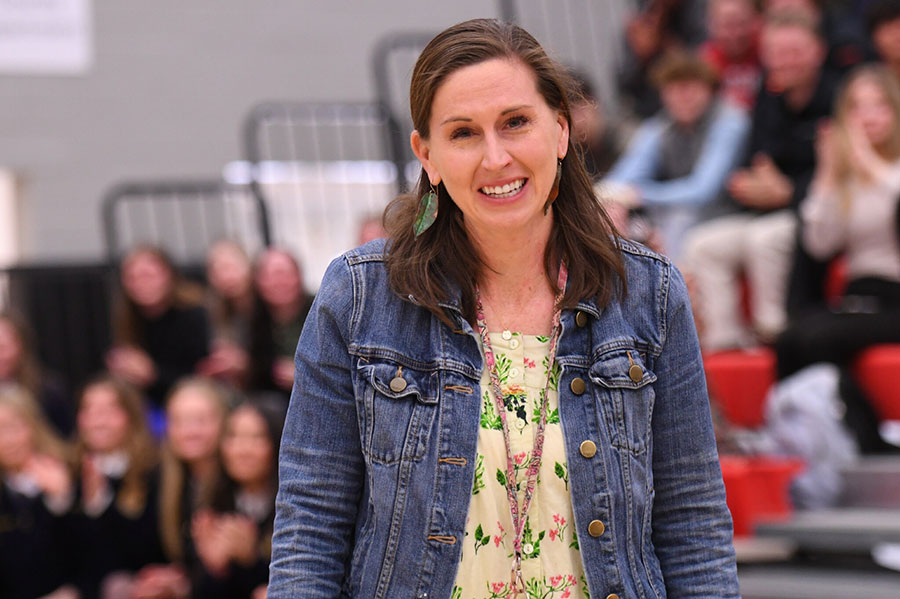Tracking the Threat
Veterinarian-turned-disease detective works to stop outbreaks, safeguard communities during disasters, and serve on the front lines of America’s public health response
alumni profiles // tori moore, bsa — animal science, ‘08
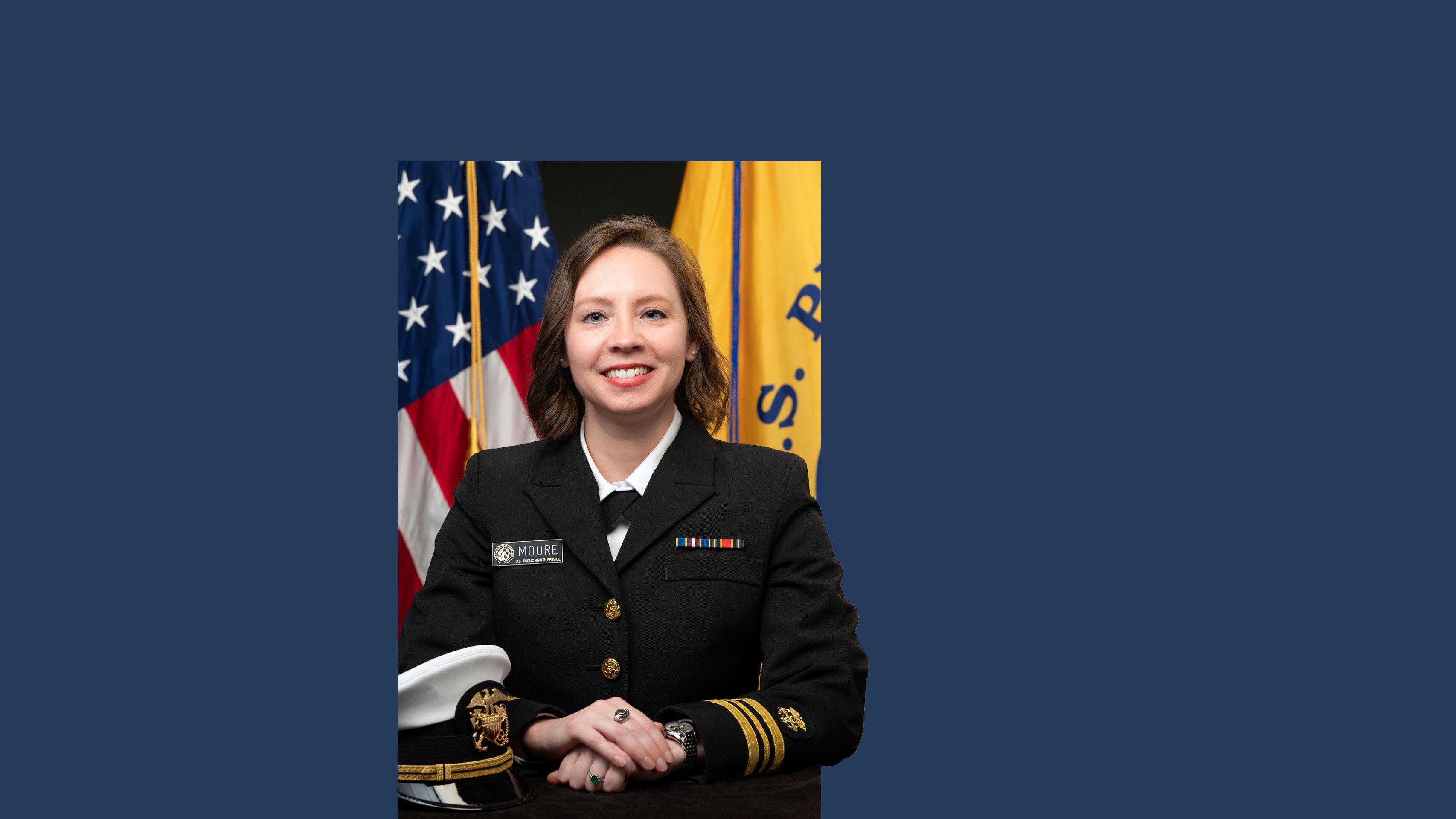
As an Epidemic Intelligence Service Officer at the Centers for Disease Control and Prevention (CDC), Tori Moore helps to investigate, track and manage disease outbreaks across South Carolina. She specializes in zoonotic diseases, or diseases that can be transmitted from animals to humans, like rabies, brucellosis and salmonellosis.
“I am a disease detective, which means I get to investigate outbreaks of human and animal disease across the state,” she said. “The primary purpose of that is surveillance and tracking. We want to make sure people and animals are safe and healthy.”
Moore began her career as a large-animal veterinarian after earning a bachelor’s degree in animal science from the University of Georgia’s College of Agricultural and Environmental Sciences in 2008 and graduating from the UGA College of Veterinary Medicine in 2013.
She traveled to farms to practice field medicine and surgery on livestock and horses, “but I always felt like I wanted to do more,” she said. “I wanted to work on a bigger-picture level than what I was doing in clinical medicine. I wanted that kind of 30,000-foot view of what was happening from a disease, illness and injury perspective.”
Her next role as a public health veterinarian for the U.S. Department of Agriculture sharpened her understanding of how veterinarians can affect the health and safety of both people and animals. It inspired her to pursue her master’s degree in public health from the University of Missouri.
“It became my personal mission to help as many people and animals as I possibly could,” she said. “I feel like my position in public health allows me to do that.”
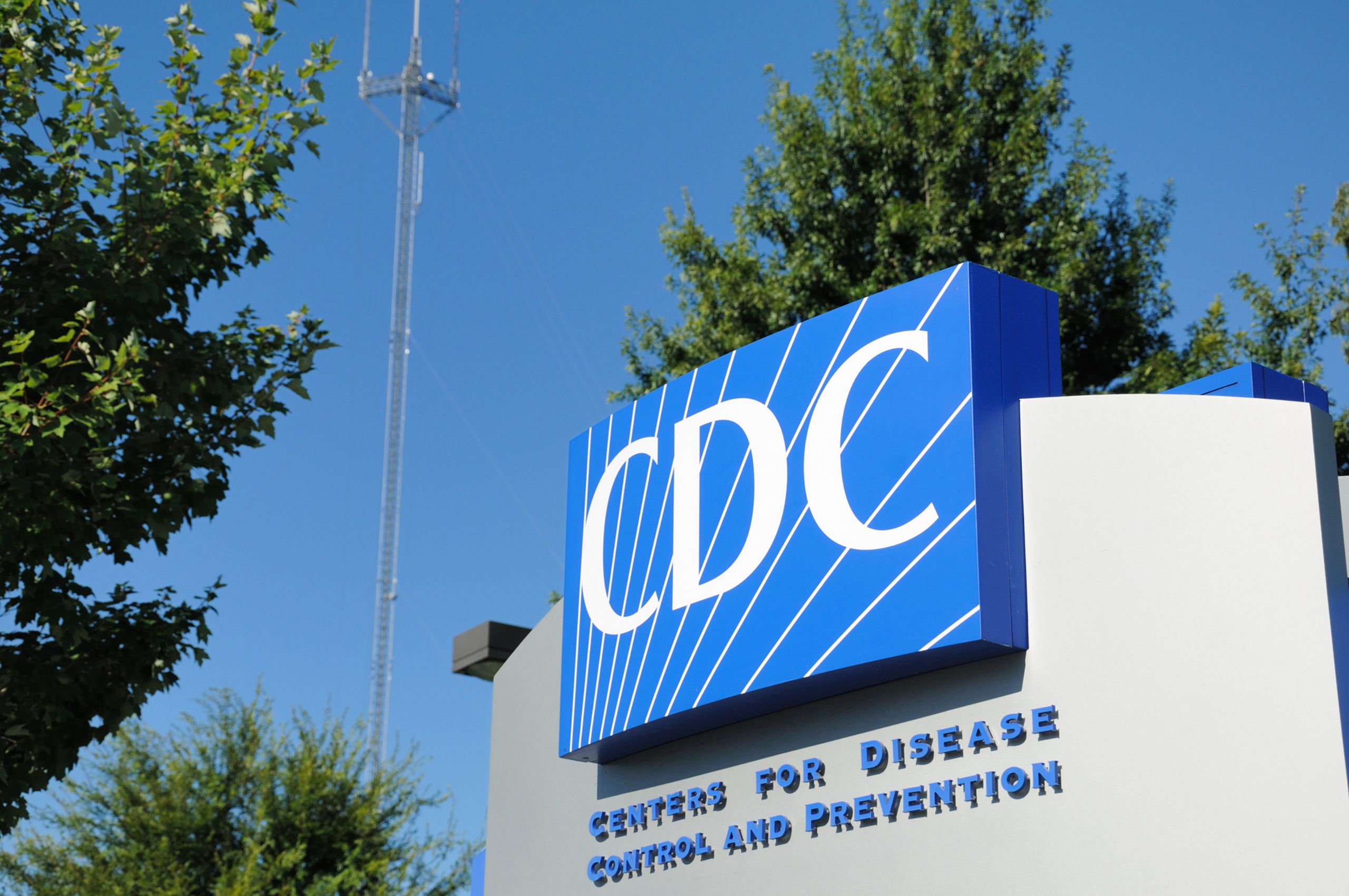
Now with the CDC, Moore spends her days protecting the public health from multiple angles — tracking and confirming diagnoses, analyzing data to determine who is most at risk, determining how to stop outbreaks and prevent them from recurring, and communicating with partners at the local and national levels to keep communities informed at every step of the way.
She investigates and manages outbreaks of respiratory diseases such as influenza, coronavirus and measles, as well as vector-borne diseases like Zika virus, Rocky Mountain spotted fever and West Nile virus, but she also helps combat health concerns not related to infections, like firearm injuries and overdose deaths. “We do a lot of different things in public health,” she said. “It’s not just infectious disease, but also illness, abuse and injury prevention as well.”
In addition to her public health work with the CDC, Moore is a lieutenant commander in the U.S. Public Health Service, the country’s only uniformed service dedicated solely to protecting and promoting America’s public health. Public Health Service commissioned officers respond to natural disasters like hurricanes, floods and fires as well as disease outbreaks like Ebola and COVID-19. Among the corps’ 5,500 officers are physicians, pharmacists, dentists, nurses and, of course, veterinarians like Moore.
“For me, it adds an extra layer. What it really is about is service — service to the country and to my fellow Americans,” she said. “It gives me an opportunity to serve people and animals who really need it in their most dire moments.
“I think a lot of people see a problem and run away from it,” she added. “But we’re not that type. In public health, we run toward the issue, and we’re there to help.”
News media may republish this story. A text version and art are available for download.

